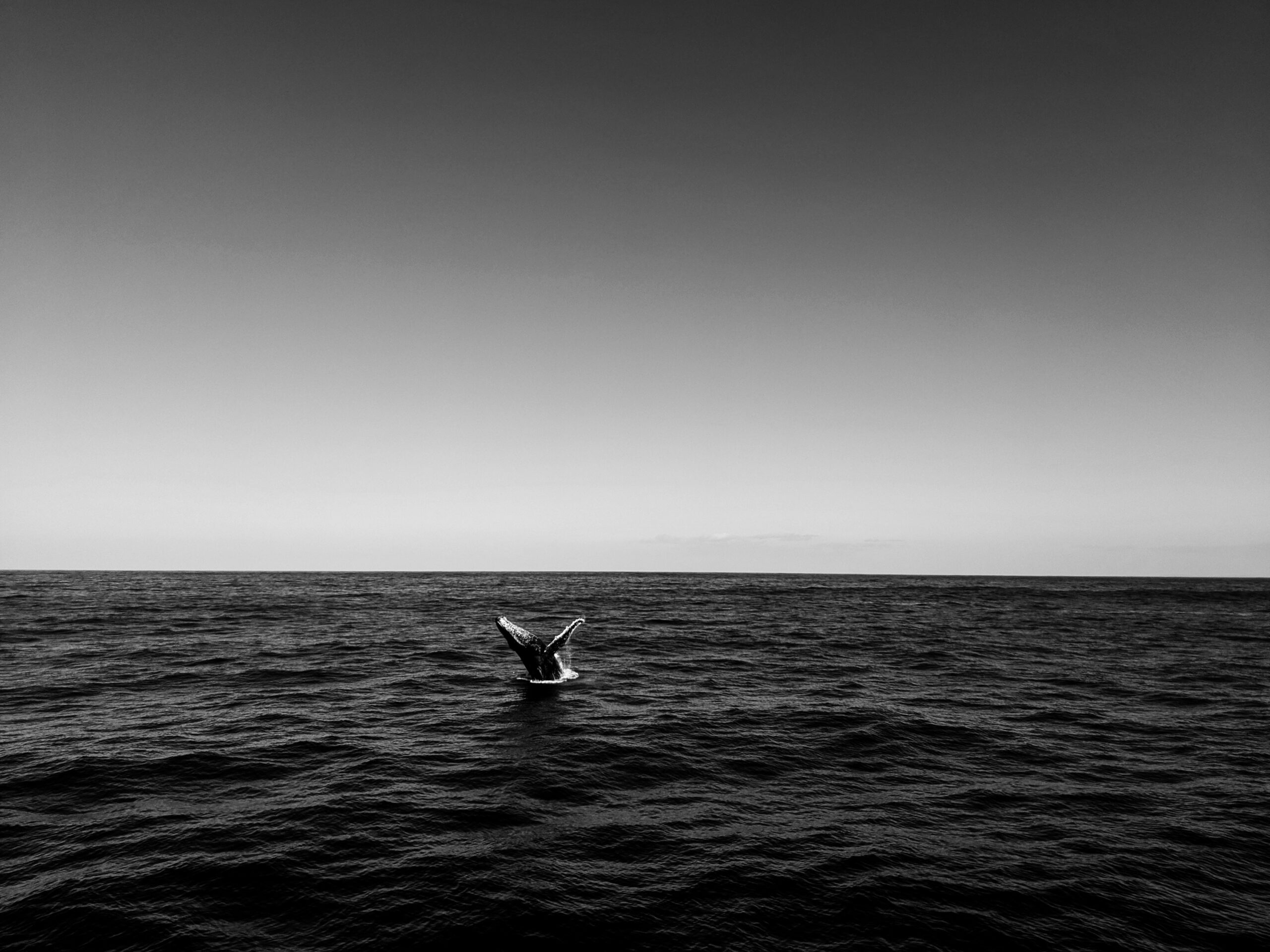About four years ago, representatives from more than eighty countries of the body in charge of the global conservation and management of cetaceans, the International Whaling Commission (IWC), met for the last time in person in Florianopolis, Brazil. It was a historic meeting since that year (2018) Japan decided to leave the IWC. It did so because a proposal submitted by that country, which sought to end more than 35 years of protection of whales from commercial whaling, was rejected by the majority of the members of the Commission.
After a long period without in-person meetings due to the COVID-19 pandemic, the Commission will meet again for a week, starting tomorrow, in Slovenia. Its members will discuss and adopt decisions on the conservation of these marine mammals and the future of this international organization.
It would be expected that, after the COVID-19 pandemic, the IWC’s work agenda would focus on issues aimed at mitigating the impacts of the triple planetary crisis of climate change, biodiversity loss and pollution, which led humanity to one of the greatest health crises in history.
The absence of Japan also indicated that the Commission could continue to smoothly move forward with its conservation agenda. Since the adoption of the moratorium, Japan’s work at the IWC focused on blocking any measures aimed at safeguarding the life and welfare of these marine mammals, as well as eliminating the moratorium.
And being 2022 the 40th anniversary of the adoption of the moratorium, it was expected that the meeting of IWC representatives after four years of forced hiatus would be dedicated to celebrating this measure as the only one in its history that allowed this international body to fulfill its objective of conserving whale populations for future generations.
However, this may not be the case. A review of the agenda of the 68th IWC plenary meeting shows that the work of the Commission will be mostly oriented to issues related to the reopening of commercial whaling.
Although Japan is no longer an official member of the Commission, its presence can be recognized in some proposed resolutions and reforms to the IWC’s working structure. The representatives of the more than 80 countries that make up the Commission must analyze and decide on proposals that seek to validate the consumption of cetacean meat to ensure food security, lift the moratorium and create a committee in charge of whaling. Although widespread opposition to the first two proposals is expected, the possible adoption of the third one could pave the way for the future resumption of commercial whaling.
Conveniently, the creation of this whaling committee, officially named the Management Committee could open the door for Japan’s re-entry into the IWC. Remember that one of the main reasons for this country’s leaving the Commission in 2018 was the opposition at that time to the creation of a so-called “Sustainable Whaling Committee”, or simply put, a management committee. Although Japan’s re-entry could mean a safeguard to the weakened coffers of the IWC – which after the pandemic faces one of its worst financial crises – it would probably also end up condemning the lives of thousands of whales in the midst of the worst biodiversity loss crisis in the history of humanity. During the last decades’ Japan has tried to renew its distant water whaling fleet and the approval of this committee would provide guarantees and legal certainty to recover any investments in the future. This is because, like Iceland in 2003, Japan could rejoin the IWC as a member with a reservation to the moratorium and start commercial whaling activities with the complacency of the IWC management committee.
Like-minded countries, which publicly advocate the indefinite maintenance of the moratorium and modernization of the IWC, would be expected to reject this proposal. However, it is known that some of these same countries, such as the United States, exert pressure to approve its creation.
In the case of Latin America, it would be inconceivable that the 11 countries of the region that are part of the IWC, known as the Buenos Aires Group (GBA)[1] , would support the creation of a committee focused on whaling. Since its creation in 2005, the GBA has adopted dozens of declarations in which it continuously affirms its commitment to the permanent moratorium on this activity and the modernization of this international body. The meeting that begins tomorrow in Portoroz, Slovenia, is an opportunity for the Group to demonstrate its compliance with these commitments.
By Elsa Cabrera, director of Centro de Conservación Cetacea and accredited observer to the IWC since 2001.
[1] Argentina, Brazil, Chile, Colombia, Costa Rica, Ecuador, Mexico, Panama, Peru, Dominican Republic, Ecuador, Panama, Peru and Uruguay.



